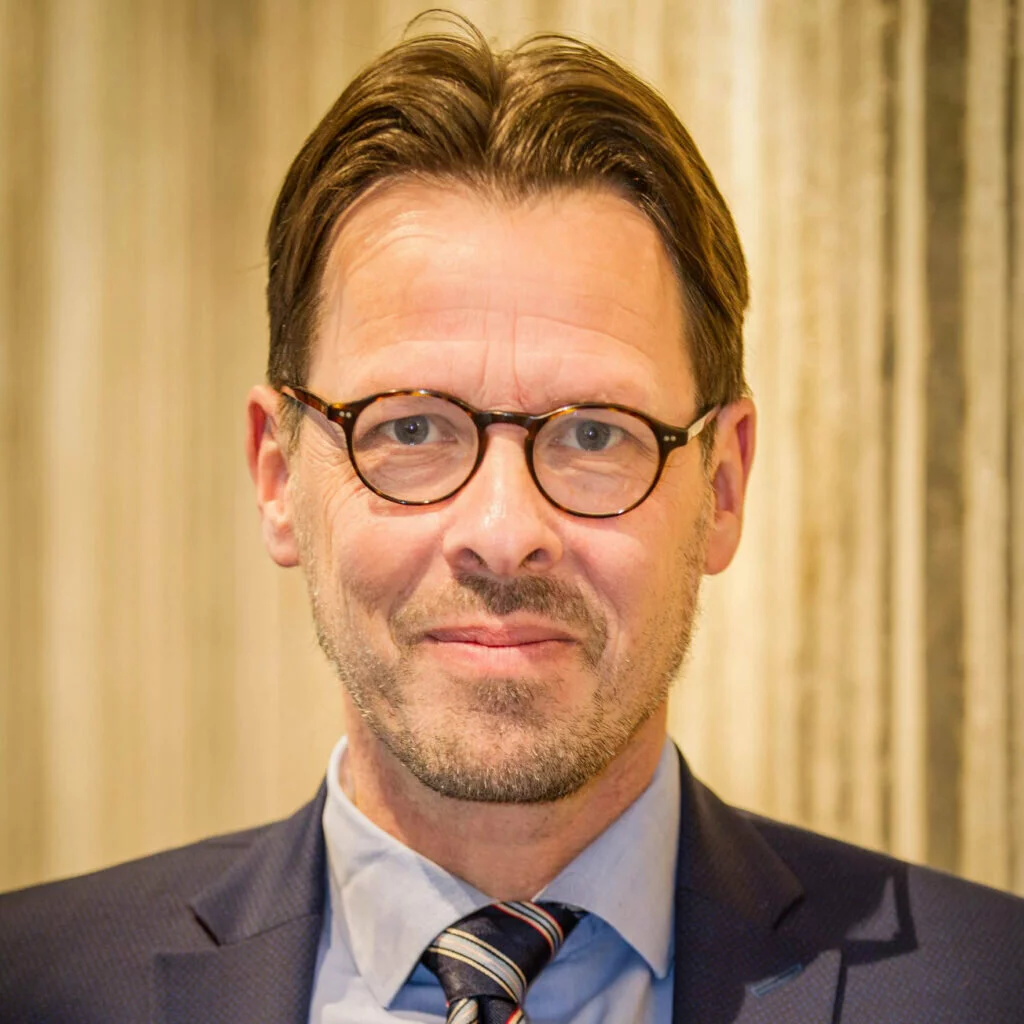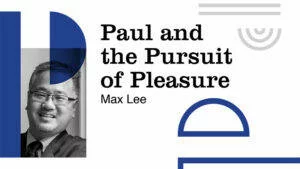In his search of a viable concept of divine action, Billy Abraham almost in passing provides a complete survey of Christian dogmatics. Ranging from the doctrine of God to eschatology, in this third part of his tetralogy all the main topics of classical doctrinal reflection are carefully probed. Given the fact that God’s actions figure prominently in most if not all traditional loci, it is perfectly understandable that Abraham explores them here.
Strangely enough, however, he seems to have become immersed in them to such a degree that he never (at least in this volume) explicitly teases out their implications for the notions of divine agency and action. So what we have is, in fact, a proper introduction to Christian dogmatics. This introduction is opened by two fascinating chapters on what systematic theology actually is and how we might best delineate its tasks, sources, and criteria. Drawing on earlier work of his own, Abraham ties in here with an ongoing debate. There is much to commend in these first chapters—but also a bit to criticize.
Abraham avails himself of a somewhat loose style of writing, but he is very precise when it comes to defining the discipline he engages in: “Systematic theology is the articulation and self-critical appropriation of the canonical doctrines of the church as related to the ongoing spiritual formation of Christians in the church” (p. 32). At least two things stand out in this definition.
Whose Systematic Theology?
First, it is noteworthy that Scripture is missing. One might be inclined to think that that is an oversight, given the Protestant (and sometimes even openly anti-Roman Catholic) character of this dogmatics. But it is not. Abraham self-consciously puts the phrase “canonical doctrines of the church” in place where one would have expected the conventional reference to the Bible. And he is keen to spell out his reasons: it is a myth that everything the church taught was built on the Bible as the sole arbiter of truth and falseness. As a matter of fact, the Bible as the church’s canon came in quite late. “The church was far more concerned to secure the content of its creed . . . than it was in fixing the limits of its canon of Scripture” (p. 14). It actually used its creed in determining the content of the biblical canon (e.g., gnostic gospels were rejected). Historically, then, there was no such rule as sola Scriptura in the church. Startling though this observation may seem, I believe that Abraham is right. Having been raised in the Reformed tradition, I even remember the very moment when this insight dawned upon me. It was some ten years ago, when reading a book by historical theologian A. N. Williams in which she demonstrates this so compellingly, that I simply had to concede. The sola Scriptura with which I had been raised was not the church’s one foundation, but a polemical formula carved out (for good reasons) in the confessional controversies during the Reformation era.
Now clearly the significance of this point should not be overstated. It does not at all mean that we should belittle or tone down Scripture’s relevance to systematic theology. Sound work in Christian dogmatics even stands out in my view (and I gather that Abraham will agree) in that it interacts intensely with the Bible and biblical scholarship. It does mean, however, that we should not read the Bible in a fundamentalist way, and Abraham is very well aware of that. Speaking of 2 Tim 3:16, a famous ‘prooftext’ of biblical literalists, he neatly points out that the purpose of the Scriptures as referred to in this text is soteriological (p. 28; cf. 38). The Scriptures are given to us in order to keep us on the path of the creed, that is: on the path of Jesus Christ, for “at the heart of the creed is Jesus Christ” (p. 20). Therefore, they should be interpreted with reference to God’s saving acts as culminating in the Christ-event. There is no need, as Abrahams aptly observes, to adorn them with “the kind of inflated account of normativity that has bedeviled the discussion.” To be Sound work in Christian dogmatics even stands out in my view (and I gather that Abraham will agree) in that it interacts intensely with the Bible and biblical scholarship. sure, in their interaction with their cultural context believers seek to be obedient to the Bible and let its voice be decisive—not their own culture. But they do need doctrine, confession, and tradition to sense how the Bible can be read faithfully as the “protective belt” that is intended to keep us in communion with Christ and the gospel in each particular time and place. And systematic theology is, indeed, the discipline that teases out the meaning of these doctrines with an eye on “the ongoing spiritual formation of Christians in the church.”
Second, however, it is in particular this final part of Abraham’s definition that raises a crucial question. For is systematic theology just that? Is it just a form of high-level catechesis for churchgoers? It is here that I disagree with Abraham. “Systematic theology is essentially an intellectual discipline for insiders,” he writes (p. 24). That conclusion is indeed unavoidable given his definition—and it aptly summarizes the problem. To be honest, given his earlier work on mission and evangelism and the missionary drive that is palpable even in this book, I find it hard to believe that Abraham himself is satisfied with this restriction of theology’s scope. Otto Weber (Karl Barth’s successor as a professor in Göttingen) once defined dogmatics as “mission in the realm of thinking,” and I would expect that that definition appeals to Abraham. Now obviously even as Christians we need to be “transformed by the renewal of [y]our minds” in many ways. But why should we not include others in the search for sound answers to the existential questions which systematic theology addresses?
Dogmatics as Mission
Whereas Abraham apparently lives in the southern part of the USA—the only part of the world where the question is not whether you belong to a church but to which church you belong (as a colleague from Nashville, Tennessee, once told me)—I live in the deeply pluralized context of secular Western Europe.Otto Weber (Karl Barth’s successor as a professor in Göttingen) once defined dogmatics as “mission in the realm of thinking.” Here, the Christian narrative has to compete with many alternative worldviews, and it is no longer obvious that systematic theology is by definition a discipline based on Christian presuppositions. At the very least, I need “Christian” as a prefix to “systematic theology” in order to make its focus on the formation of the church intelligible to my audience. But evidently Christian systematic theology is a member of a larger family. What might be the overarching goal or scope or nature of the entire family? Staying close to the etymological background of “theology,” we might answer: systematic theology is the attempt to develop a reasoned account of God (and of everything in the light of God, as Aquinas would add). That means that we cannot just start from “the canonical doctrines of the church,” in order to then articulate and self-critically appropriate these doctrines. For we might have to explain why we think said doctrines are pre-eminently suited to serve as theology’s starting point in the first place. Rather than taking them for granted, we will have to spell out why we think they are so much more convincing than other religious doctrines or beliefs. And we may invite others—outsiders—to think along with us on our way. In this connection, it is important to keep in mind that the very distinction between in- and outsiders is to a large extent artificial, since many who are nominally insiders may at the bottom of their heart be outsiders (and the other way around perhaps), or may find themselves somewhere in between. In fact, the latter seems to be the case with many students at Christian colleges and universities—in actual practice the first audience of courses in systematic theology.
I suggest that we should even go one step further. If we restrict theology’s scope to “thinking about God” we still presuppose some form of theism (Christian, Jewish, Muslim, or otherwise). The existential quest that is driving theological reflection, however, both in its not-so-systematic everyday forms and in its more articulate professional versions, is deeply and universally human. As Miroslav Volf and Matthew Croasmun have recently phrased it (in their For the Life of the World, 2019), it is the quest for a compelling vision of the good and flourishing life, the life that is worth living. Christian theology proposes a vision of the good life that is deeply informed by God’s self-revelation in Jesus Christ as attested by the gospels and transmitted by the creeds. But it should be prepared to engage in truth-seeking conversations with adherents of alternative visions of the good life, both religious and non-religious. It is only when Christian theologians open up to this wider debate, instead of seeking self-isolation within their own hub (or church), that they can really make a difference.
Abraham proposes to reconceive systematic theology as “serious, rigorous, university-level catechesis” (pp. 22–23), and that is fine. But it may be very hard to reach such rigor and university-level status in a mono-Christian setting that is pretty much closed off from the deep diversity of today’s pluralist society. It is therefore my conviction that Christian systematic theology can and should prove its value precisely in the arena of twenty-first-century public institutions, engaging in intellectual and existential ways with the plethora of views of life that raise their voice there. As Martin Luther had it: “Where the battle rages, there the loyalty of the soldier is proved.”








Comments
Be the first one to make a comment!